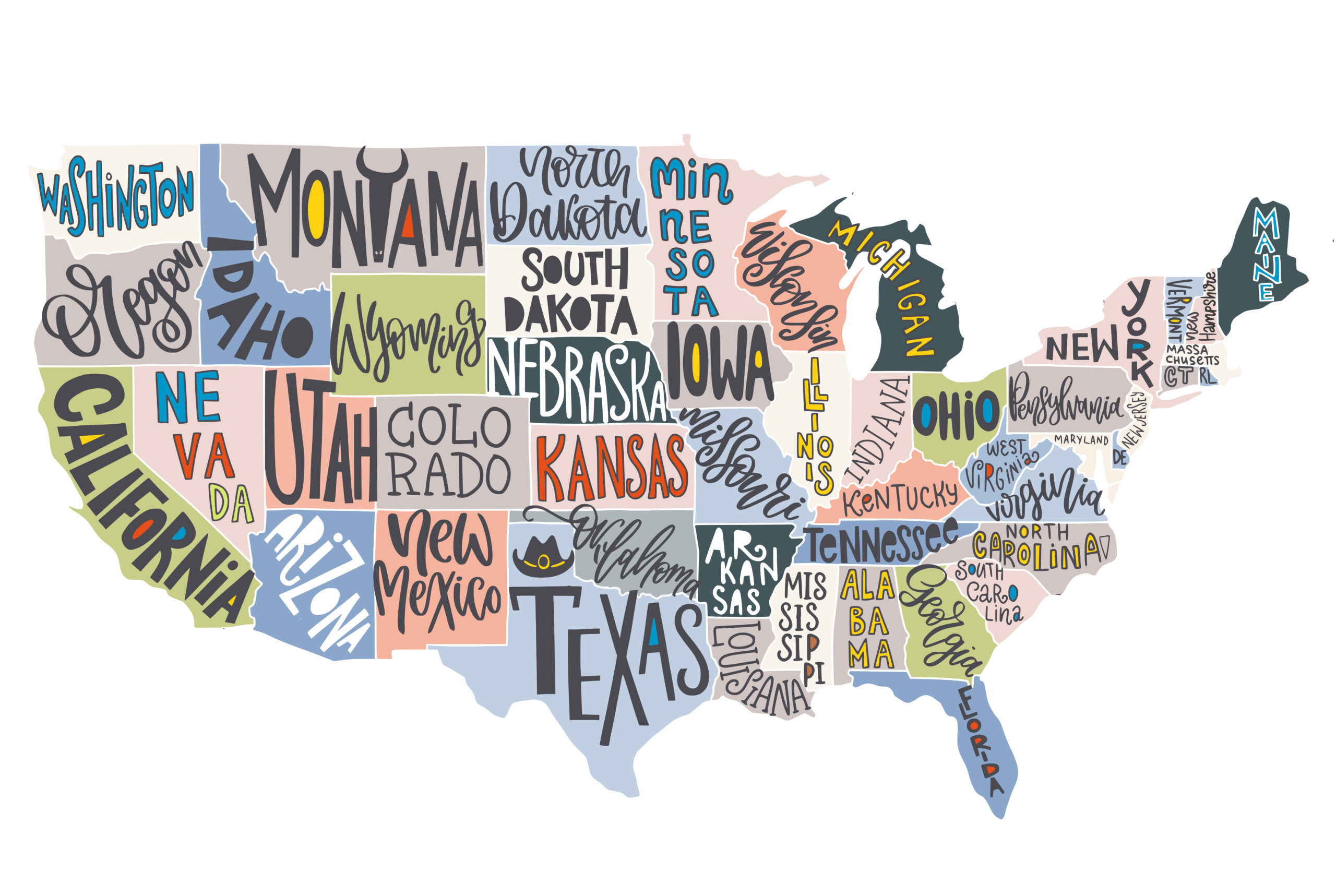If you are an employer with a workforce that is paid on an hourly basis, chances are you will have to deal with calculating and paying overtime at some point. The rules for overtime pay apply to all workers who are considered non-exempt under the Department of Labor’s Fair Labor Standards Act (FLSA). As a general rule, non-exempt workers covered under the FLSA are entitled to overtime pay for any time worked over 40 hours in a workweek. A workweek is defined as any regularly recurring 168-hour period, or seven consecutive 24-hour periods. A workweek does not have to coincide with the calendar week, and may start at any time on any day of the week, so long as the periods are fixed. Employers may also choose to assign different workweeks to different groups of employees.
Non-exempt employees are generally required to track their time worked so they can be paid accurately for each period. While the FLSA requires that hours worked over 40 in a workweek must be paid at the overtime rate, it doesn’t have any specific rules regarding time worked on holidays, weekends, or the number of hours worked in a single day. This is where state legislation comes into play. Certain states have special rules for what constitutes overtime, as well as the rate(s) of pay that apply to each scenario.
Alaska, California, Colorado, and Nevada currently have daily overtime rules which employers should be aware of. These rules require overtime to be paid for hours worked over 8 and/or 12 in a single day. In California, there are regulations for doubletime pay as well as additional rules for employees who work for seven consecutive days. Nevada’s daily overtime requirement only applies if the employee earns less than one and a half times the minimum wage. Alaska employers with less than 4 employees may be exempt from the state’s overtime rules.
Individual State Overtime Guidance
Below are some helpful links to each state’s website to find details on the specific rules that apply in regards to overtime. While most follow the FLSA guidelines, certain states may have additional restrictions or exemptions depending on industry, employer size, or other criteria.
To Stay Compliant, Trust an Experienced Payroll Services Company
Keep in mind that these rules can change, and employers may also choose to adopt overtime rules that are more beneficial for their employees, which might include extra pay for weekends, holidays, or certain work shifts. Keeping your business compliant with the FLSA and each state’s overtime rules is critical to avoid lawsuits that may lead to large amounts of backpay and costly penalties. Valor Payroll Solutions is here to help, and can provide the tools and payroll expertise to make sure your business is properly calculating and paying overtime to your employees. Contact us today!





